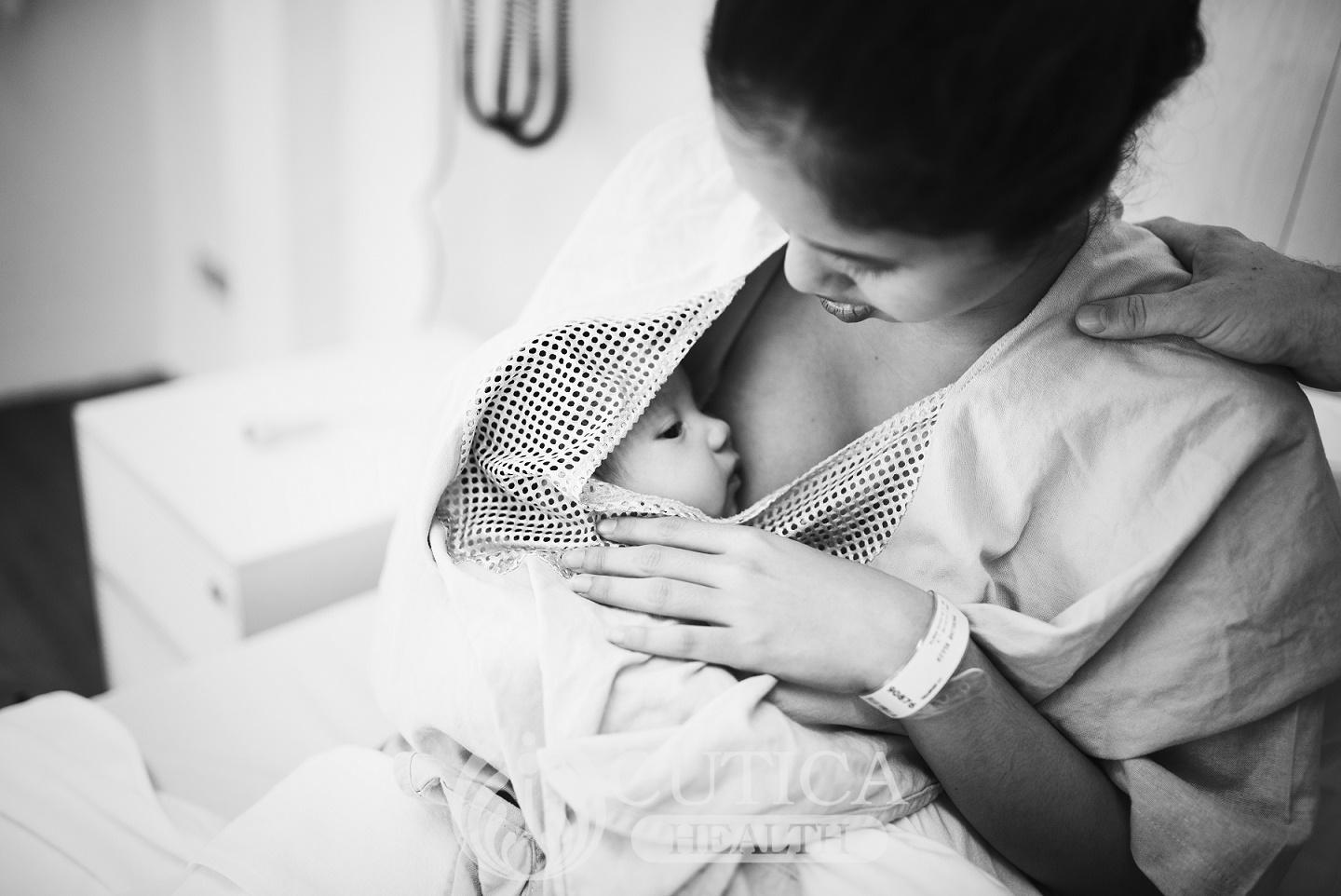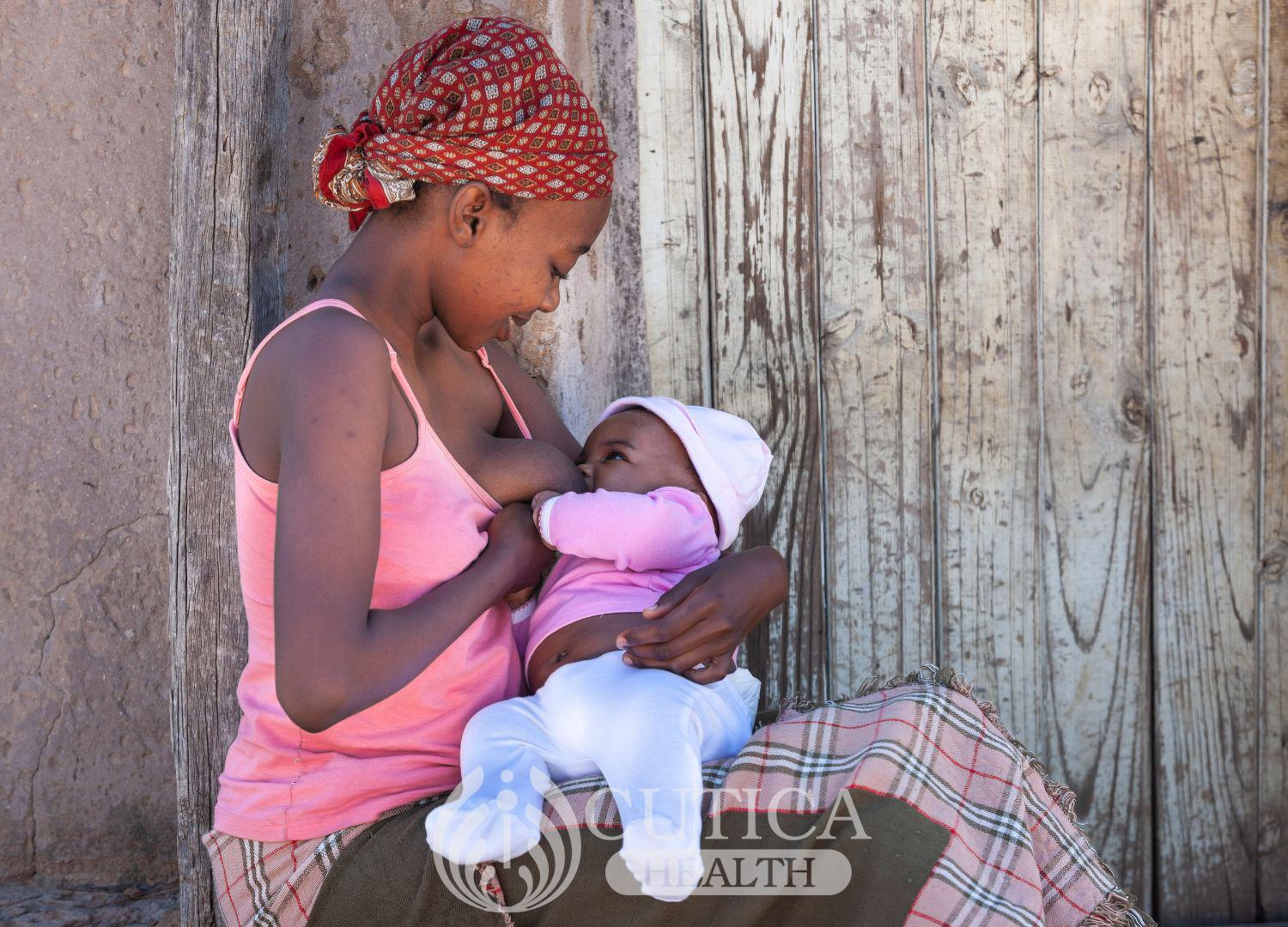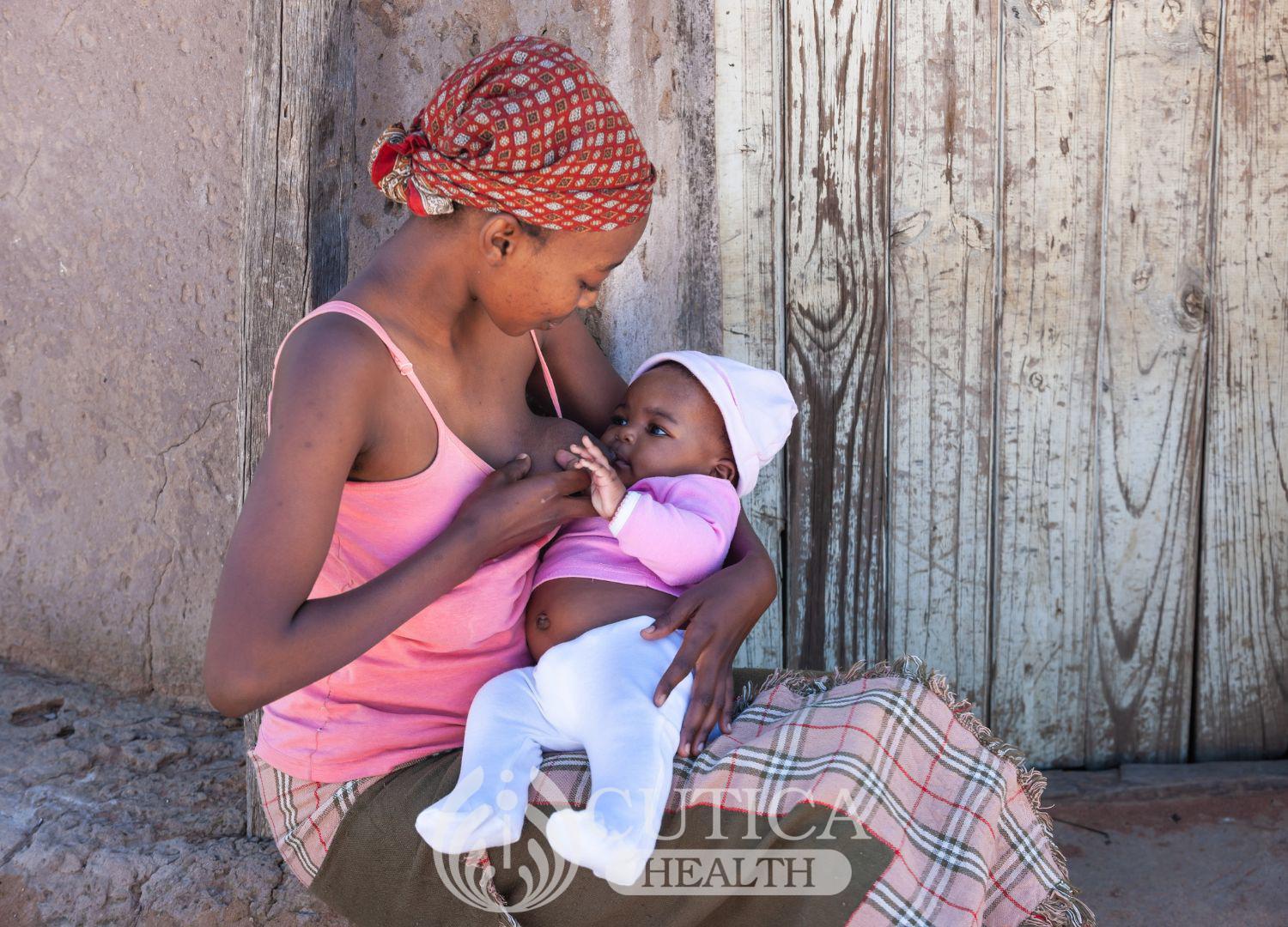
Pregnancy is a delicate period in a woman’s life. Bleeding and spotting in pregnancy doesn’t always mean there’s a problem, but they can also be a sign of serious complications.

What could be responsible for bleeding early in pregnancy?
- Miscarriage. Almost all women who miscarry have bleeding or spotting before the miscarriage.
- Ectopic pregnancy. This is when a fertilized egg implants itself outside of the uterus and begins to grow. An ectopic pregnancy cannot be carried to term. It can cause serious, dangerous problems for the pregnant woman.
- Molar pregnancy. This is when a mass of tissue forms inside the womb, instead of a baby. Molar pregnancy is rare.

Other causes include:
- Sexual intercourse
- Genital infection
- Implantation bleeds. When a fertilized egg (embryo) attaches to the lining of the uterus (womb), tiny blood vessels may be injured, causing bleeding.
- Changes in your cervix. The cervix is the opening to the uterus that sits at the top of the vagina; infections or injuries to this area could result in some bleeding.
Bleeding or spotting later in pregnancy may be caused by:
- Preterm labour. This is labour that happens too early, before 37 weeks of pregnancy.
- Placenta praevia. This is when the placenta lies very low in the uterus and covers all or part of the cervix.
- Placenta accreta. This is when the placenta grows into the wall of the uterus too deeply.
- Placental abruption. This occurs when the placenta separates from the wall of the uterus before birth.
- Uterine rupture. This occurs when the uterus tears apart during labour. Uterine rupture is very rare. It can happen if you have a scar in the uterus from a prior caesarean birth (also called C-section) or another kind of surgery on the uterus.
Other causes include:
- Following a pelvic exam by your health care provider
- Problems with the cervix, like an infection, growths, inflammation, or cervical insufficiency, a condition where a woman’s cervix opens too early.
Treatment of bleeding during pregnancy is dependent on the cause. However, immediately you notice any bleeding during pregnancy, consult your healthcare provider. This is to make sure any serious causes of bleeding are taken care of immediately.

Other things to do when you notice bleeding during pregnancy:
- Keep track of the bleeding pattern; if it gets heavier or lighter, and how many pads you are using.
- Check the colour of the blood. Your provider may want to know. It can be different colours, like brown, dark or bright red.
- Don’t use a tampon, douche, or have sex when you’re bleeding.
Danger signs include heavy bleeding, bleeding with pain or cramping, dizziness and bleeding, pain in your belly or pelvis.

Treatment of bleeding during pregnancy varies from bed rest to surgery. The best treatment will depend on the cause and seriousness of the bleeding. Seek help from your healthcare provider as soon as you notice this symptom.












